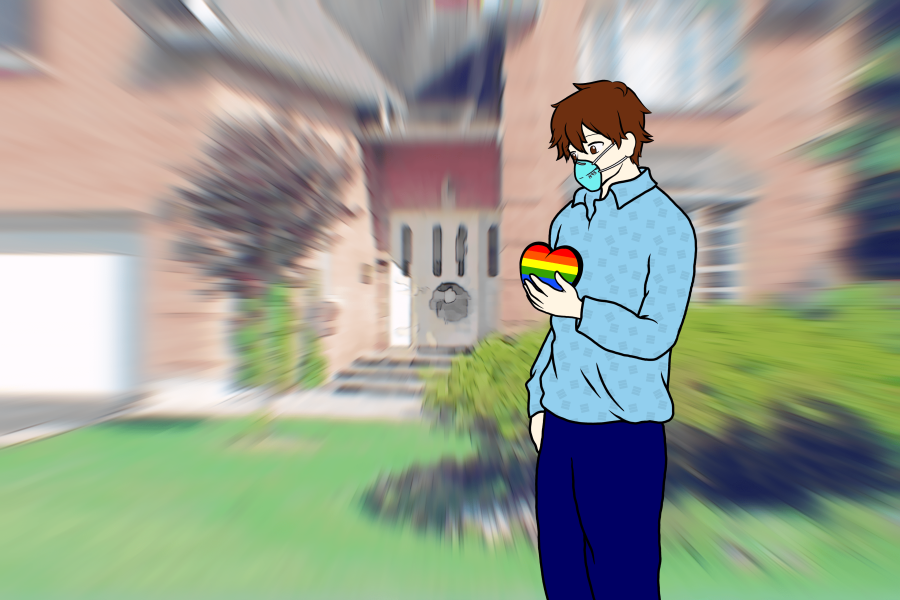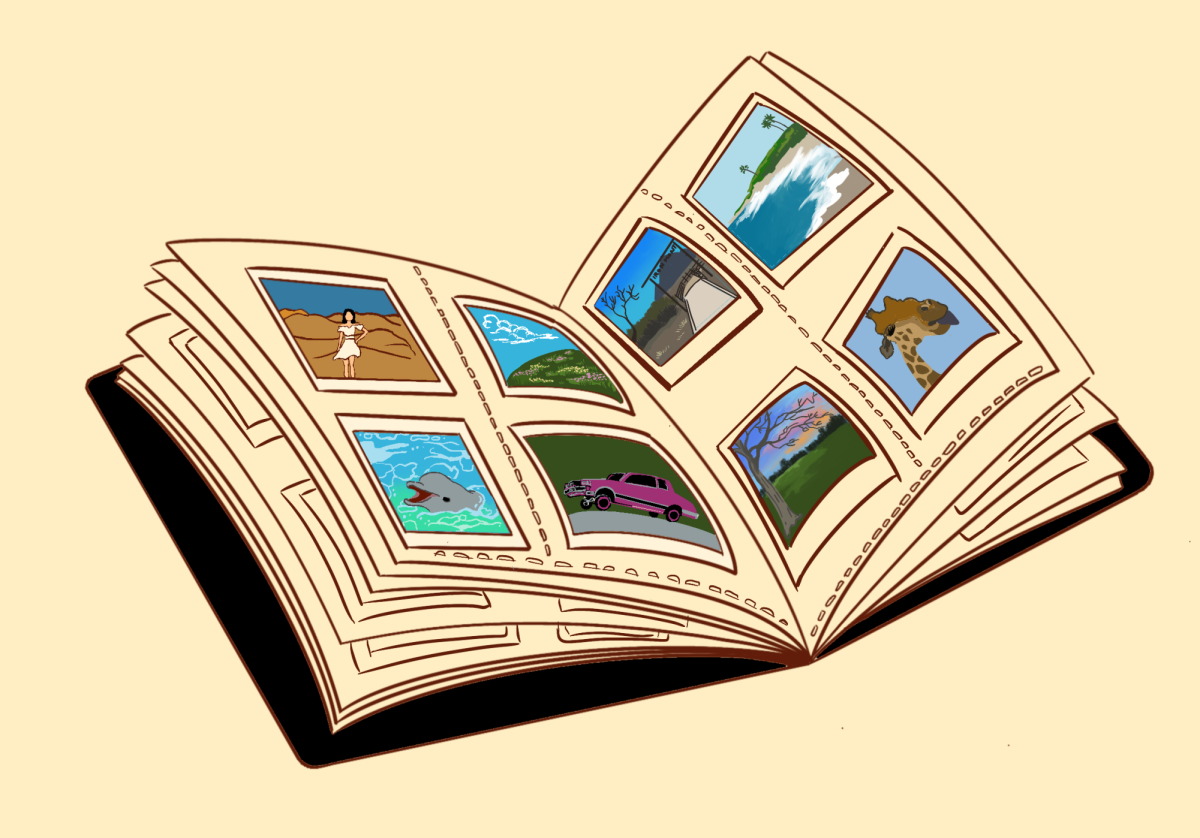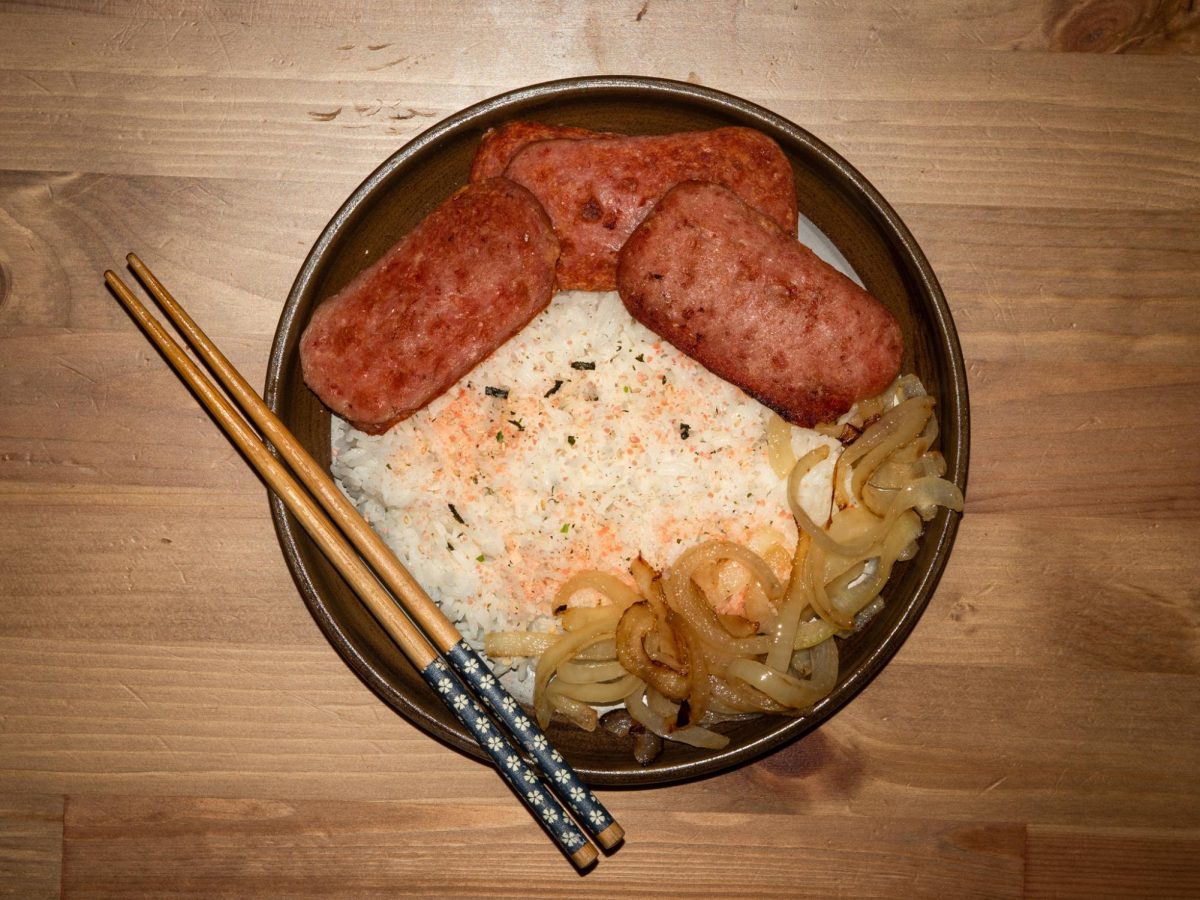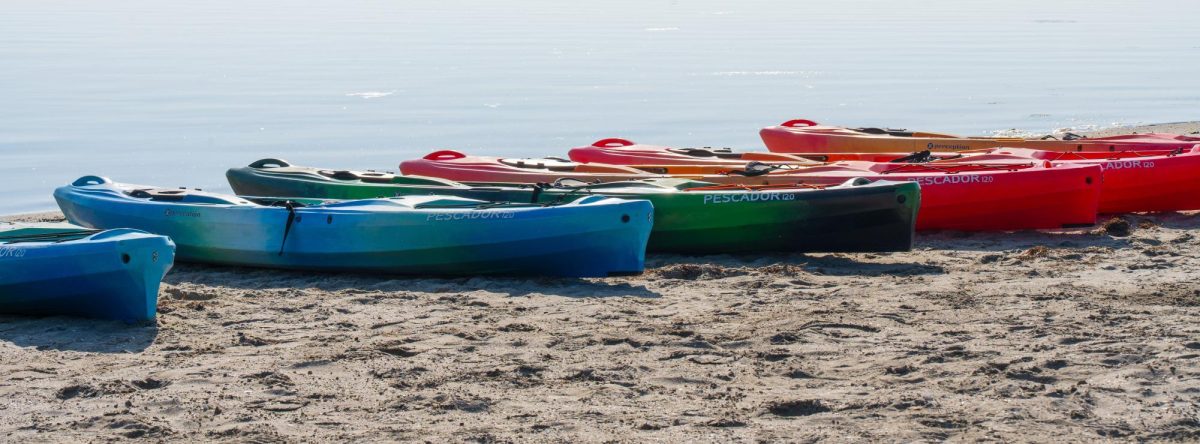For as long as I felt possible, I put off making the decision to leave behind my life in San Diego and return to my hometown to quarantine myself. For about a week after the UC San Diego administration announced their transition to online courses for Spring Quarter in light of the COVID-19 pandemic, I ignored my family’s pleas for me to return, convincing myself that the world would still function “business as usual.”
The decision to move back to my hometown was a hard one to make, albeit the right choice. However, since making the move, I have found myself back in a close-minded, Midwestern city. This change in environment has conjured up so many memories as to why I ever left in the first place.
Disclaimer: I understand the privilege that I have to even be able to leave campus during this pandemic, and I am truly grateful to have a loving family to come back to and to have the security that comes with having a roof over my head. For those who do not have this option, I truly empathize with you. This column simply reflects my thoughts on returning to a close-minded city that I, as a gay person, left with no intention of returning to.
While I was absentmindedly scrolling through Grindr late the first night I got back — and no, I am not hooking up with anyone while quarantined — I was shocked to see so many people on the app who had been my seemingly straight classmates in high school.
Walking the Halls of High School Alone
“They told me to tell you that they think it’s sweet that you are into them, but they’re not gay,” my friend tells me one winter day during junior year.
I’m shocked to hear this, because I had never expressed any interest in this individual — I had merely tried being friendly with them in a new class we had together — but I bite my tongue instead of clarifying the reality of the situation.
During sophomore year of high school, I was immediately labeled as the only out gay kid in my entire grade from the moment I first told a friend about my sexuality. In a socially progressive year such as 2020, this may seem silly. And in reflection, the thought of even hiding my sexuality under most contexts seems very foreign to me. As any queer kid who went to high school in the mid 2010s can attest, however, maintaining the homogenous social order was the most important thing on any of our minds.
Throughout high school, I engaged in a lot of activities that did little to shield myself from scrutiny. I started my high school’s Gay-Straight Alliance, although ours was called the Genders & Sexualities Alliance. I also participated in our annual variety show, performing Irish dances to pop medleys featuring gay icons likes Beyoncé, Nicki Minaj, and Ariana Grande. In Speech Team, the topics of my spoken word poetry programs always revolved around my gay identity.
But I did all of this out of necessity. There were many nights where I would cry alone in my room as a result of all of the glares, rumors, and hurtful things people said about me. But given the choice to suppress my personality or experience homophobia, my high-school self would choose the latter time and time again.
Viewing these “late bloomers” on a gay dating app so many years later during a global pandemic is so triggering to me because it feels as though they made the conscious decision to force me to walk the walk alone. I distinctly remember several of these individuals playing into the “Jacob is a fag” narrative that was commonplace within the walls of my school.
I don’t harbor any malice towards these individuals. Every queer person has their own journey of coming out, and I know that a lot of my counterparts wish they had come out sooner. However, the pain in these memories reminds me of the need I felt throughout high school to get as far away from my hometown as possible.
Salvation for Those Who Fit the Mold
“A parent complained to our executive pastor that they saw you were supporting the Day of Silence movement on Facebook,” my church’s youth pastor says to me privately in a hallway one Sunday morning in between church services in 2015.
“I don’t understand what’s wrong with supporting the LGBT community,” I say, defending my social media post even though I had yet to come out to anyone.
“I just wanted you to be aware of the situation,” the pastor replies. “We’re actually having an internal conversation as a church right now to decide as to whether or not we will support gay rights.”
Church and family go hand in hand in the Midwest like milk tea and tapioca pearls do at UCSD. One of my earliest memories is of attending my sister’s baptism, and I have had countless experiences since with my family’s community church. Throughout my childhood, my sister and I participated in the church’s summer theater camps, my family volunteered to help with the various functions that go along with Sunday services, and we even spent several summers at week-long Bible sleep-away camps.
You would be hard pressed to find a queer kid who grew up in the Midwest who does not have a complicated relationship with the church. On the one hand, Christianity set me up with a strong moral standard for how to interact with the world. Moreover, in times of crisis like we find ourselves in today, the church can offer a comforting sense of community.
On the other hand, the Evangelical standard I was subjected to forced me to question whether my sexuality deemed me worthy of even being considered a good person. Case in point: I have a vivid memory of sitting alone during service in my sophomore year of high school and listening to our head pastor condemn homosexuality as a sin destined for hell.
Running away to UCSD did not necessarily mean that I was ignoring the standard put forth by the church elders; it simply meant that I would not be subjected to an irrational double standard: “Love your neighbor only when it’s convenient for you.”
Realizations of a Need to Move On
It’s 1 a.m. on a cold January night in 2017 in Logan Square, and I find myself trying to convince my work crush to take the train home with me from the party we’re at. We had gone out on a date the week prior, but tonight he is considering leaving me to go home with a stranger he had met only hours before.
“You know Jacob, you’re right,” he says to me, the smell of alcohol clinging to each of his words.
I remain silent for almost the entire train ride and drive back, with him continually telling me “I love you so much, you really saved me back there.” We would never end up dating.
When I was a senior in high school, I took up my first retail job as a seasonal employee at Lush Cosmetics. The allure of working for a company that screams “inclusivity for all,” even for just the holidays, seemed the ready escape that I needed from the halls of my school and walls of my church. And believe me, I loved working there. All 108 of my coworkers fully supported me for who I was, and I cried the night I found out that I was not hired on permanently.
However, not being asked to return turned out to be a blessing in disguise. Sure, I was devastated to be leaving a team that was so supportive and inclusive. But being forced to leave the store made me realize how temporary all of that inclusivity was. Lush represented an escape from my day to day struggles with being myself in a world which refused to accept me. Realizing this solidified my need to move on to a different part of the country where inclusivity would be the norm and bigotry would be the outcast.
Facing the Truths of the Real World
“I’m so excited to room with you,” I say over the phone to my future roommate at 3am as I sit in my car after coming home from Senior Prom.
“I am too, Jacob,” he says. “Especially because, I think I like you.”
“I think I like you, too.”
UCSD was by no means a quick fix for these problems, and I quickly woke up to this reality shortly after starting my freshman year of college. That being said, the time that I have spent at UCSD was a blessing full of high highs and low lows.
Regardless of where you live, “real life” will always be full of a number of these positive and negative experiences.
However, being removed from a close-minded community in favor of a more accepting one significantly alters the paradigm under which the negative experiences are placed. Rather than experiencing homophobia alone, my negatives in regards to my sexuality at UCSD have consisted of heartbreak. Not ideal by any means, but being in San Diego allowed me the opportunity to experience heartbreak in the first place, something which seldom would have occurred in my hometown.
If you were looking for some deep insight into the coronavirus pandemic itself, I’m sorry. I know that there is a lot of uncertainty in the world right now, and I wish I could offer more concrete solutions in regards to coping with this pandemic. But given that we have this unique opportunity of time, I implore you to do a little self-reflection on your own time. I am very grateful to have had the opportunity to leave behind my hometown in favor of newer, more accepting horizons, and I know that the post-pandemic future holds nothing less than that.
“Do you think you’re happy?” my CAPS therapist asks me during a session in Winter 2018.
“Not yet,” I reply. “But I know that I’m getting there.”
Artwork by Susan Sun for the UCSD Guardian.















Younan Bakhus • Dec 29, 2024 at 8:38 am
I can deeply relate to the challenges you’ve faced. As a gay Syrian living in San Diego, returning to your hometown during the pandemic must have been tough, especially with the painful memories of a close minded environment. I’ve experienced something similar, and your story of resilience and finding acceptance is inspiring. Thank you for sharing your journey.